Top 10 institutions that collected BIG CASH Bribes in 2021, Police missing
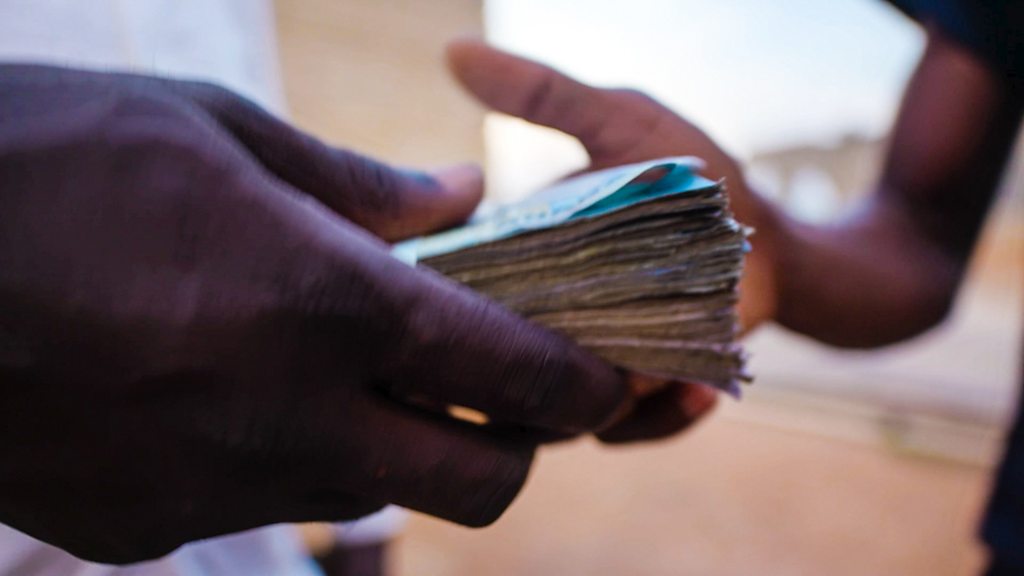
Based on the research by the Ghana Statistical Service, we present the Top 10 institutions that collected BIG CASH Bribes in 2021 that will shock you.
Strangely, the Ghana Police is missing after it placed first in the frequency of bribe collection with 53.2%. It was nowhere near the top in terms of the amount ( BIG CASH Bribes) collected.
Officers of the Lands Commission, prosecutors, judges or magistrates, and immigration took the spotlight as those who charge huge amounts of money as bribes in 2021.
This revelation by the survey carried out by the Ghana Statistical Service (GSS) and the Commission on Human Rights and Administrative Justice (CHRAJ) gives detailed empirical evidence of the level of corruption and bribery going on in public and private institutions.
The study was dubbed, ‘2021 Ghana Integrity of Public Services Survey’
According to the report, the average highest cash bribe [GHc1, 669] was paid to Lands Commission officers, followed by prosecutors, judges or magistrates with an amount of GHC1,208 and GHC950 for immigration officers.
READ: Top 10 Bribe Takers in Ghana: Ghana Police Leads League Table
Top 10 Institutions that collected BIG bribe monies in 2021
Check the list below for the top huge cash bribe-collecting public institutions.
- Lands Commission
- Prosecutors, Judges, or magistrates
- Ghana Immigration Service
- Elected Local Government Representatives
- MMDAs Officials
- GRA Customs officials
- Passport agency officials
- Teachers, lecturers, or professors
- Public utility officials
- Doctors, Nurses and Midwives
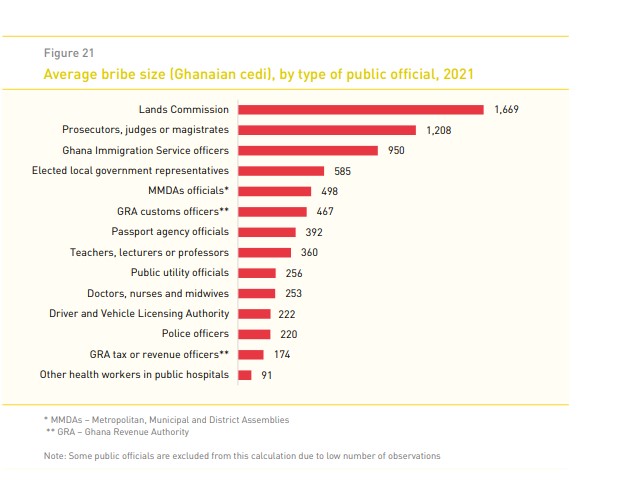
With these findings, the report suggests that “the largest average bribes are paid to public officials with whom most citizens have little contact in their daily lives.”
These large bribes, the GSS and CHRAJ said although rarely paid, generally “influence important decisions by public officials, which can have substantial economic or personal consequences (for example, by influencing land-related decisions, immigration matters, or prosecutors and judges).”
The report also indicated that a smaller average amount of cash bribes was paid to health workers and police officers.
It highlighted that the smaller cash bribes paid are mostly given to public officials who engage frequently with members of the public.
“Conversely, the dynamics behind smaller bribes seem to be related to public officials with whom people have more frequent contact (such as police officers, and health care workers, public utility officials) as well as to bribes that are paid to avoid moderate fines or sanctions, to maintain utility connections or to reduce tax payments,” the report added.
The survey also revealed that about GH¢5billion in bribes were paid in both the private and the public sectors.
[wp_rss_retriever url=”https://ghanaeducation.org/Ghana%20Education%20News” items=”10″ excerpt=”0″ read_more=”true” credits=”true” new_window=”true” thumbnail=”200″ cache=”1 hours”]
Source: Ghana Education News
Send Stories | Social Media | Disclaimer
Send Stories and Articles for publication to [email protected]
We Are Active On Social Media
WhatsApp Channel: JOIN HERE
2024 BECE and WASSCE Channel - JOIN HERE
Facebook: JOIN HERE
Telegram: JOIN HERE
Twitter: FOLLOW US HERE
Instagram: FOLLOW US HERE
Disclaimer:
The information contained in this post on Ghana Education News is for general information purposes only. While we endeavour to keep the information up to date and correct, we make no representations or warranties of any kind, express or implied, about the completeness, accuracy, reliability, suitability or availability with respect to the website or the information, products, services, or related graphics contained on the post for any purpose.




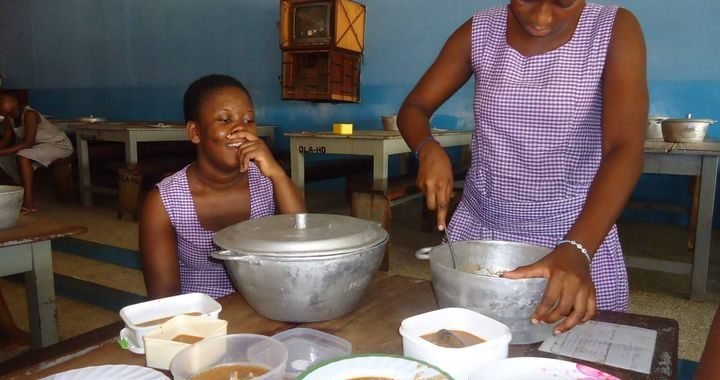 TEWU raises concern over food served under the Free SHS Program
TEWU raises concern over food served under the Free SHS Program 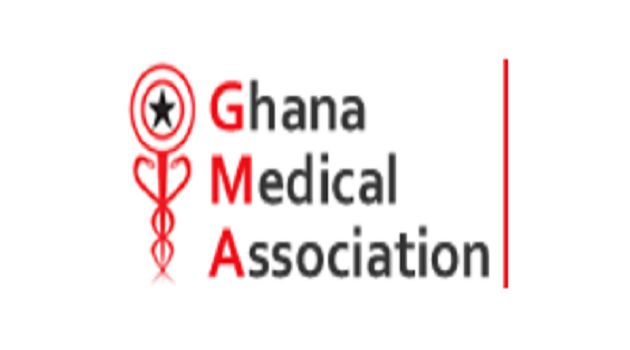 GMA opposes establishment of new medical schools
GMA opposes establishment of new medical schools  Meet Ghana’s First Female Full Professor of Economics, Grace Nkansa Asante
Meet Ghana’s First Female Full Professor of Economics, Grace Nkansa Asante 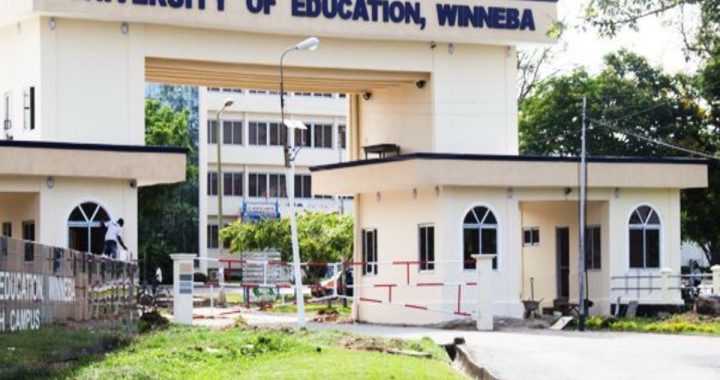 UEW Distance Education Admission Forms 2024/2025, How to Apply
UEW Distance Education Admission Forms 2024/2025, How to Apply